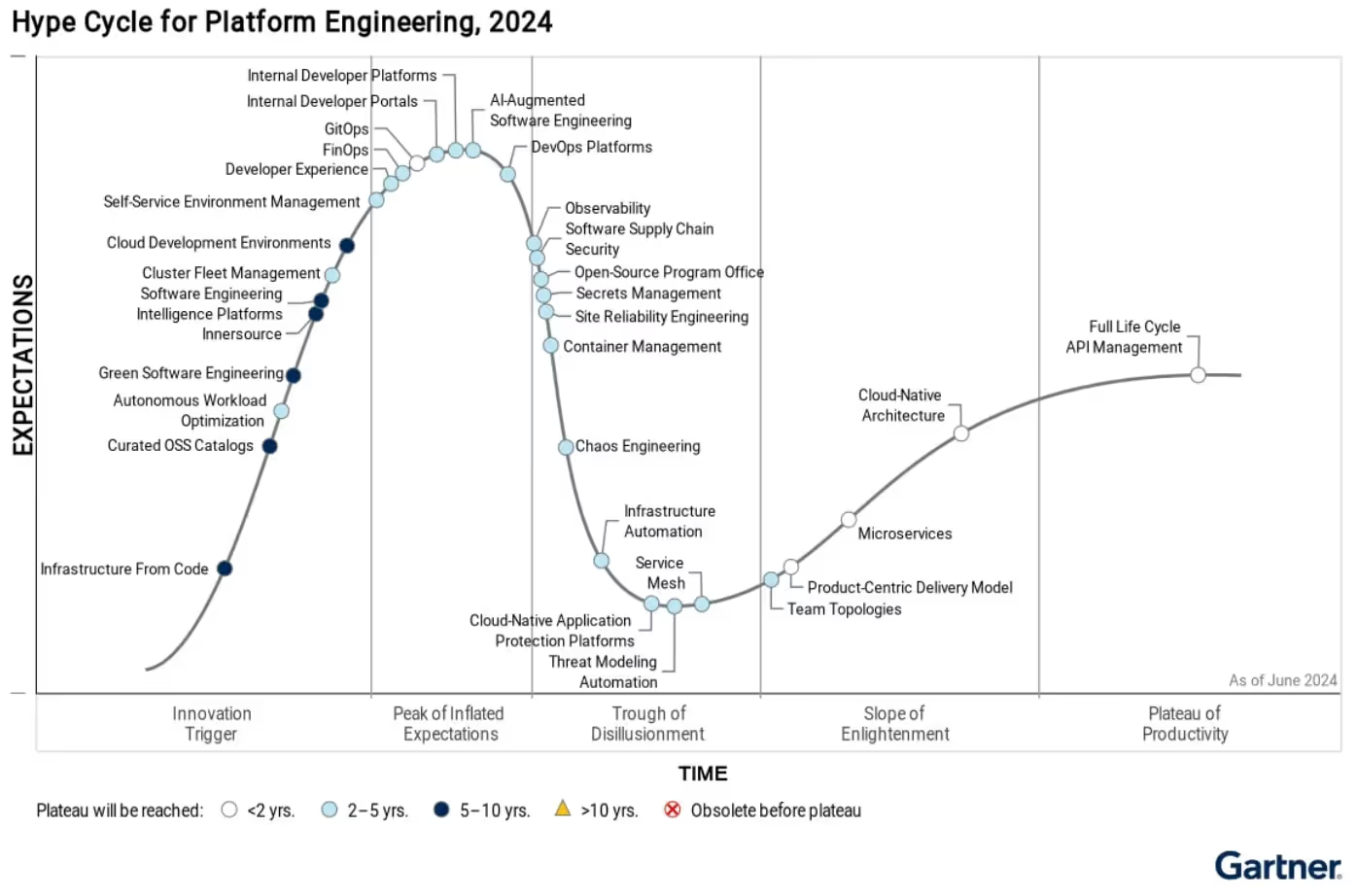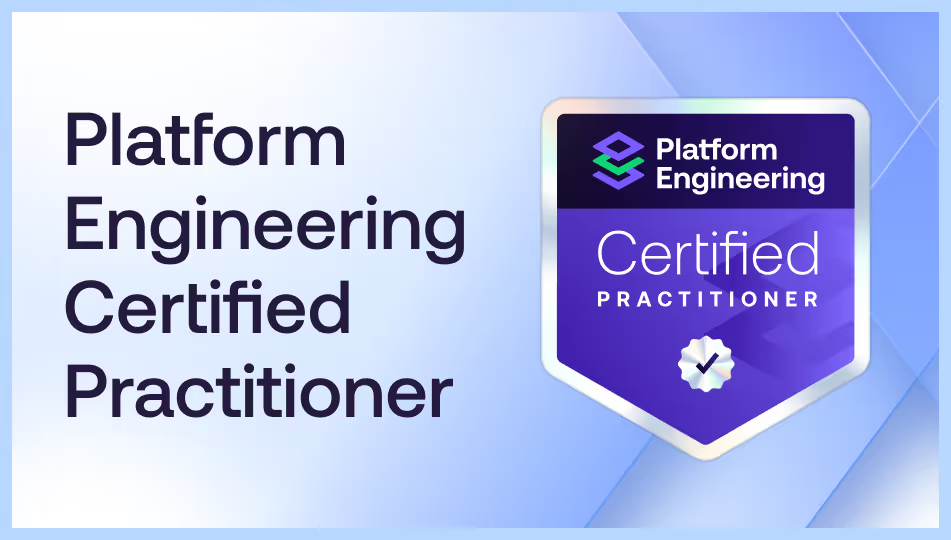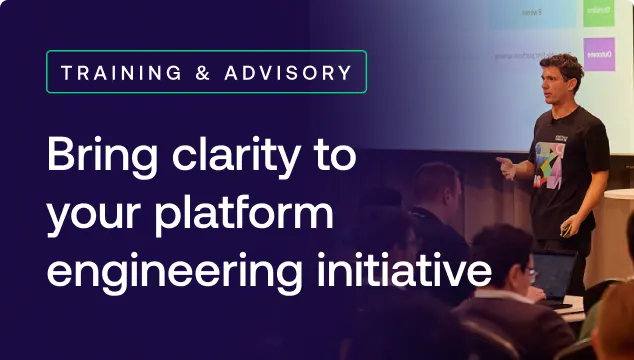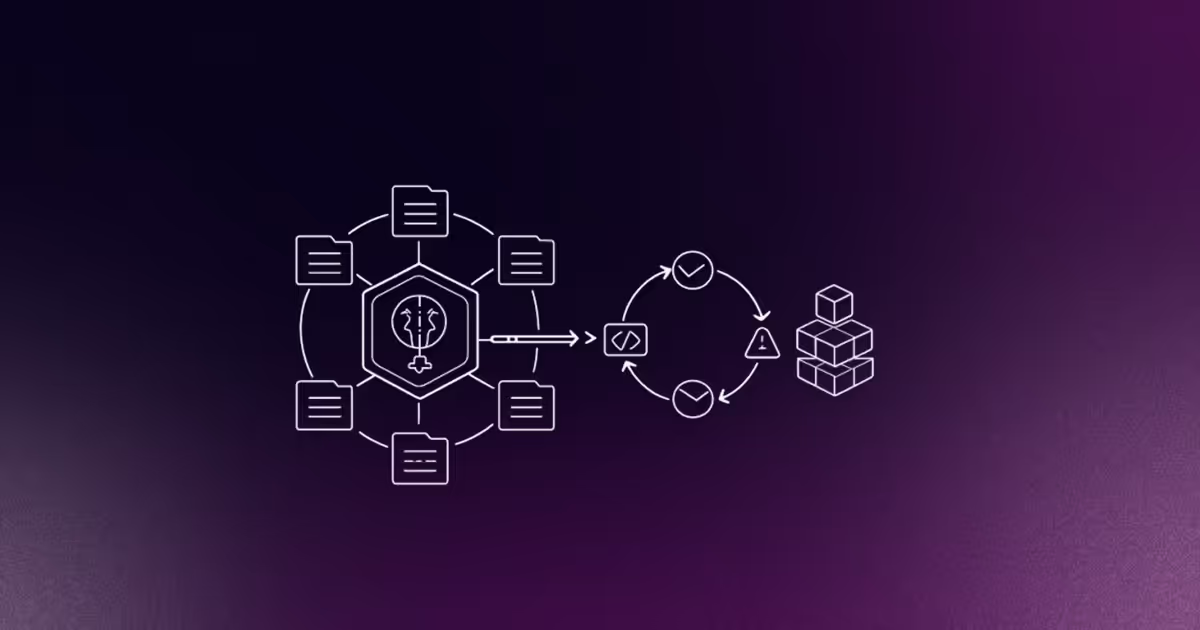Over the last few years, the platform engineer has become a pivotal role within many organizations. As engineering teams navigate increasing complexity in cloud-native environments, the discipline of platform engineering has emerged as a crucial enabler for developer productivity and operational efficiency. At the same time, the salary and benefits for a platform engineer have rocketed above similar engineering disciplines.
In this blog post, we will answer the question, what does a platform engineer do, what are the benefits of becoming a platform engineer, and how can you become a platform engineer.
The benefits of becoming a platform engineer
As platform engineering eats the world, the role of platform engineer has become an increasingly attractive career option in the software engineering industry, with hundreds of engineers participating in the newly launched Platform Engineering Certification program. This is unsurprising, as leading analyst Gartner predicts that 80% of engineering organizations will have an IDP by 2026, highlighting the growing demand for platform engineers. However, at present, 62% of organizations struggle to find enough qualified professionals, making it a high-demand and lucrative field.
Notably, according to salary data from the State of Platform Engineering report, platform engineers earn significantly more than DevOps engineers, with 42.5% more in the U.S. and 18.64% more in Europe.
This role is also at the forefront of modern cloud computing and infrastructure automation, with 88% of tech executives recognizing platform engineering as key to achieving software engineering goals. At the same time, a recent Google Cloud report on platform engineering stated that “94% of organizations identify AI to be ‘Critical’ or ‘Important’ to the future of platform engineering” and “86% believe that platform engineering is essential to realizing the full business value of AI.”
It is clear that as platform engineering principles continue to shape the future of infrastructure and operations, professionals in this field will have high job security, excellent earning potential, and the opportunity to drive innovation in technology.
Understanding the foundations of platform engineering
Platform engineering is the discipline of designing and building toolchains and workflows that enable self-service capabilities for software engineering organizations in the cloud-native era. Platform engineers provide an integrated product most often referred to as an “Internal Developer Platform (IDP),” covering the operational necessities of the entire lifecycle of an application. The objective is to construct what are often termed "golden paths" – pre-defined and well-supported workflows that abstract away underlying complexities, thereby reducing the cognitive load on application developers. This abstraction empowers developers to focus on building and delivering business value without being encumbered by the intricate details of infrastructure and operations.
The IDP serves as a self-service ecosystem that provides developers with the necessary capabilities throughout the entire lifecycle of their applications, often encompassing aspects such as provisioning, deployment, monitoring, and scaling. A well-designed IDP is crucial for streamlining development processes and enhancing the overall developer experience.
The rise in prominence of platform engineering
The surge in interest surrounding platform engineering reflects a fundamental shift in how engineering organizations are structured and operated. With the explosion in size of the Platform Engineering Community, most notably with the 5x in attendees from PlatformCon 2022 to 2024, the concept has clearly gained rapid traction within the software engineering world over the past few years.
It is also not just the explosive community growth that signals the rise of platform engineering. In 2024, the discipline made a huge breakthrough in the analyst world, appearing on over 10 different Gartner Hype Cycles, an equivalent 5x increase from the previous year. Most notably, platform engineering now has its own dedicated Hype Cycle, clearly demonstrating its position as a strategic priority across the industry.

How to become a platform engineer
So if you want to become a platform engineer. What do you need? You, of course, need a strong understanding of cloud computing, infrastructure as code, and container orchestration, and deep familiarity with your company's tooling. However, what truly sets platform engineers apart is their ability to apply product management principles and follow best practices.
If you think you already have what it takes to be a platform engineer, ask yourself:
- How will you conduct user research to solve real developer pain points?
- What golden paths can you create that developers will actually want to use, helping drive platform adoption?
- How can you find the right level of abstraction that reduces cognitive load without removing important context?
- How will you promote the platform to stakeholders and secure the buy-in needed to fund your initiative?
- Will you begin with a minimum viable platform, or try to build a large-scale solution that could take years to complete?
These are not questions that traditional ops professionals often consider. There is a reason these questions are a primary focus of the Platform Engineering Certified Practitioner course. Becoming a platform engineer takes more than just changing your job title on LinkedIn, platform engineers must be able to effectively answer the above questions and embody these principles:
Strong communication: Platform engineers work across multiple teams. Clear communication helps align goals, gather feedback, and explain platform value.
Product mindset: Treat the platform as a product. Use developer research, define an MVP, and iterate based on feedback to build something useful and adopted.
Organizational focus: Platform engineering solves problems at scale. Prioritize shared pain points and build tools that improve experience and delivery across teams.
Self-service infrastructure: Build platforms that let developers access infrastructure independently, reducing delays and reliance on ops teams.
Golden paths over golden cages: Offer clear, helpful workflows that guide developers without limiting flexibility or innovation.
Internal marketing: Promote your platform internally. Tailor messaging to different stakeholders and secure the support needed for success.
Feedback loops: Constantly gather and act on developer feedback. Platform engineering thrives on understanding and serving real user needs.
Conclusion
Platform engineering is more than a job title, it's a strategic function that blends technical excellence with product thinking to transform how organizations build and deliver software. It requires more than knowing the tools. It takes empathy for developers, a commitment to solving problems at scale, and the ability to drive cultural and operational change. If you want to deliver the key business value that comes from platform engineering, or simply advance your career and grow your salary, join our certification program and become a Certified Platform Engineer.













